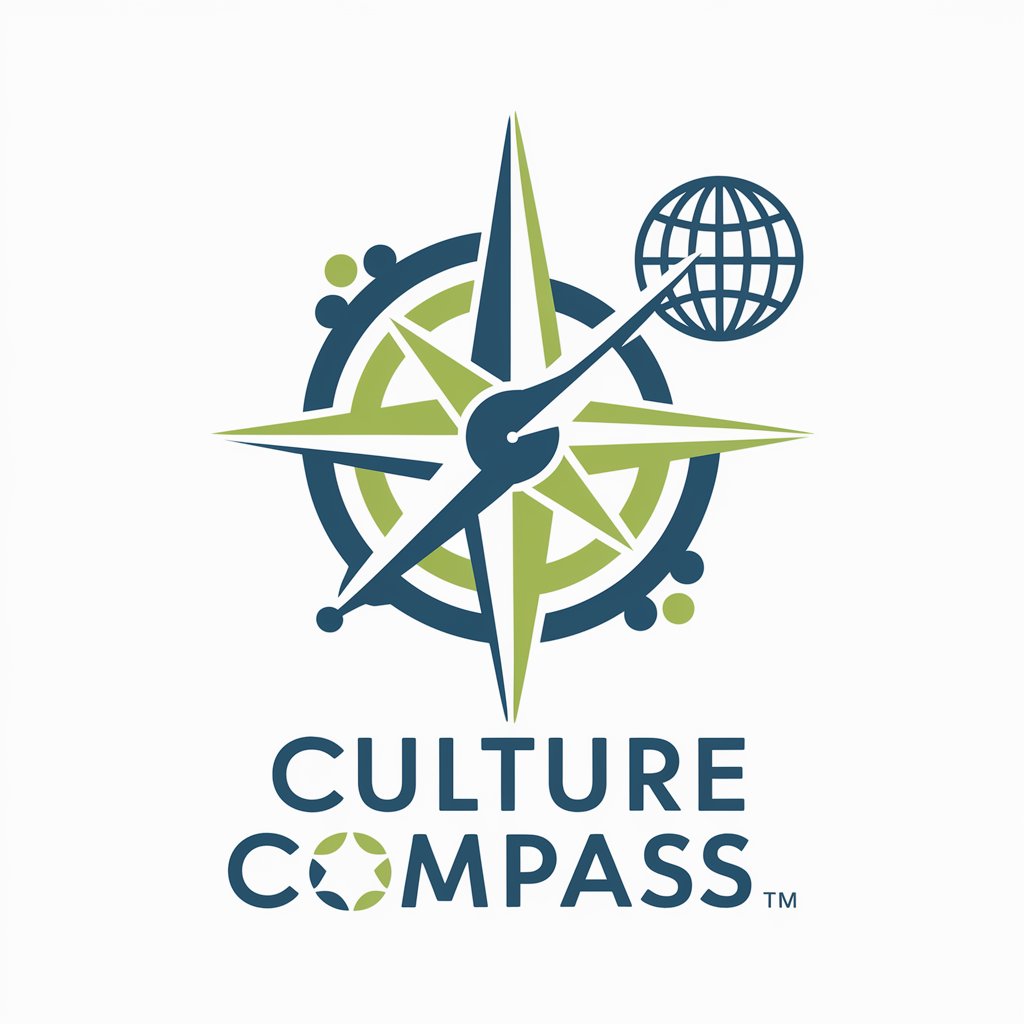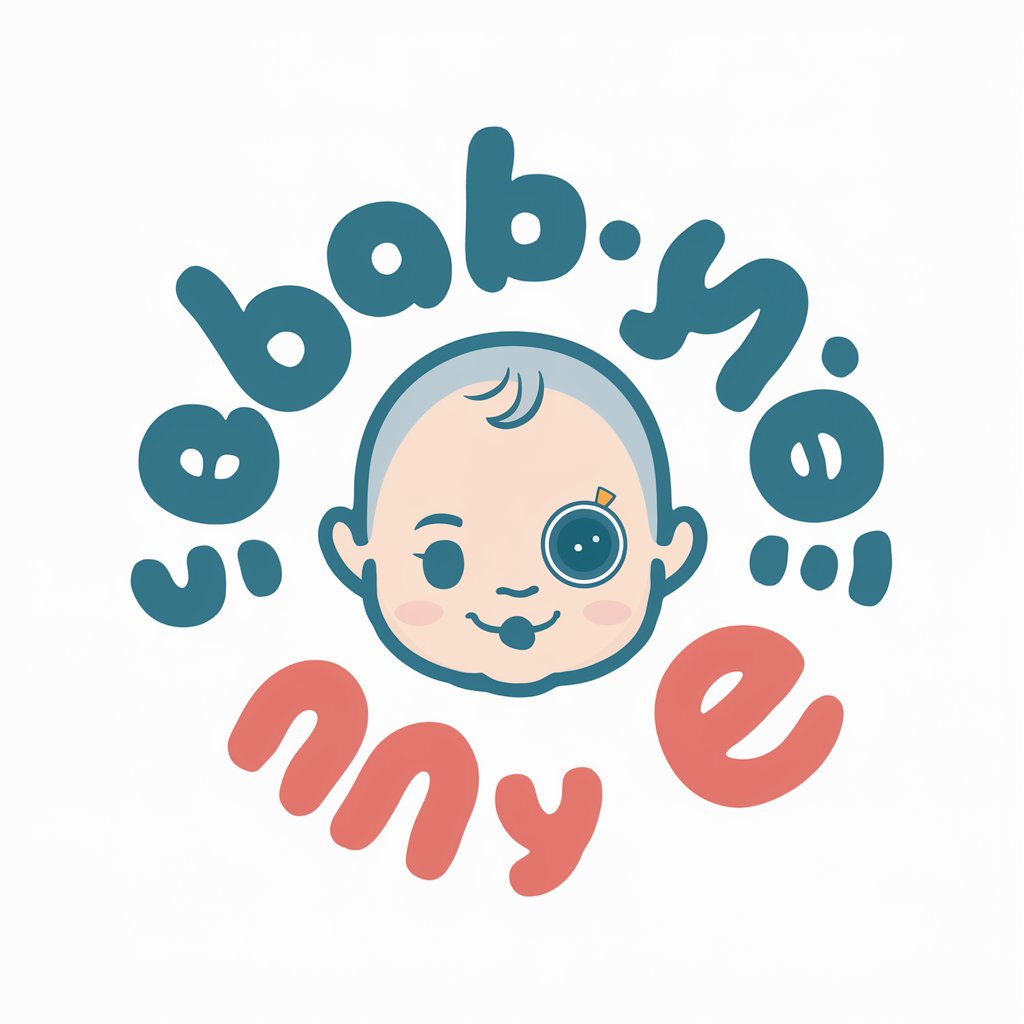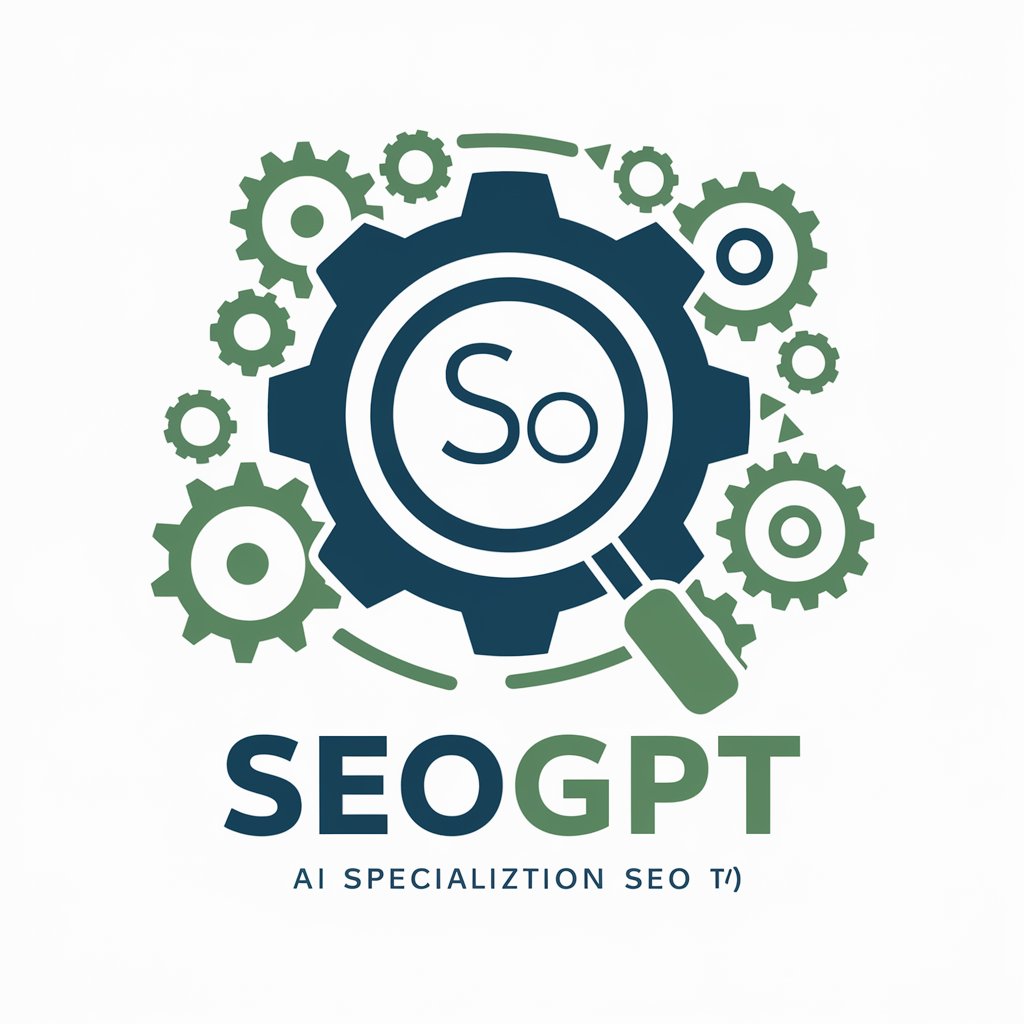Culture Compass - Cross-Cultural AI Guide

Welcome to Culture Compass, your guide to effective cross-cultural communication!
Navigating Cultural Complexities with AI
How can I effectively communicate with a team from Japan?
What are some tips for navigating cultural differences in a global team?
Can you explain the key principles of 'The Culture Map' by Erin Meyer?
How can I improve collaboration with colleagues from different cultural backgrounds?
Get Embed Code
Introduction to Culture Compass
Culture Compass is designed to enhance cross-cultural communication and collaboration, drawing from principles outlined in 'The Culture Map' by Erin Meyer. It serves as a navigational tool for individuals and organizations navigating the complexities of international teamwork and diverse cultural landscapes. By providing insights into different cultural contexts, Culture Compass helps improve interpersonal skills and fosters effective international collaboration. For example, consider a scenario where an American manager needs to lead a team comprising members from Japan, Brazil, and Germany. Culture Compass can offer guidance on how to approach communication effectively, considering the high-context communication style of the Japanese team members, the more flexible attitude towards time in Brazil, and the direct communication preference in Germany. This ensures the manager can tailor their leadership style to accommodate and leverage the diverse cultural backgrounds of their team members. Powered by ChatGPT-4o。

Main Functions of Culture Compass
Cultural Context Analysis
Example
Assessing the communication style differences between high-context cultures (e.g., Japan) and low-context cultures (e.g., the United States).
Scenario
A multinational company is preparing for a negotiation between its American and Japanese branches. Culture Compass can provide insights on how each side might approach the negotiation, highlighting the need for Americans to be more nuanced and indirect to align with the Japanese preference for high-context communication.
Leadership Style Adaptation
Example
Guidance on adapting leadership styles to fit the cultural expectations of team members from different countries.
Scenario
A British executive leading a team in India struggles with the hierarchical cultural norms that differ from the more egalitarian approach common in the UK. Culture Compass offers strategies to navigate these differences, such as showing respect for titles and seniority in India, to build trust and effectiveness.
Team Dynamics Optimization
Example
Strategies for creating synergy in multicultural teams, considering factors like decision-making processes, feedback styles, and meeting conduct.
Scenario
An international project team faces challenges in decision-making due to differing cultural perspectives on hierarchy and consensus. Culture Compass can suggest methods for integrating the consensus-seeking approach valued in Sweden with the more hierarchical decision-making style prevalent in China, thereby improving team collaboration and project outcomes.
Ideal Users of Culture Compass Services
Global Business Leaders
Executives and managers leading international teams or conducting business across borders. These users benefit from understanding how to navigate cultural differences in leadership, communication, and negotiation to drive global business success.
International HR Professionals
Human resources personnel responsible for managing diverse workforces, developing cross-cultural training programs, and facilitating international assignments. Culture Compass aids in crafting policies and practices that respect cultural differences and promote inclusivity.
Expatriates and International Students
Individuals moving abroad for work or study can face significant cultural adjustment challenges. Culture Compass provides essential insights into the social and professional etiquettes of different cultures, helping these users adapt more quickly and effectively.

How to Use Culture Compass
Start Your Journey
Access Culture Compass effortlessly by visiting yeschat.ai, where you can explore its features through a free trial, no ChatGPT Plus subscription required.
Identify Your Needs
Determine the specific cultural communication challenge or scenario you're facing. This could range from interpreting a business interaction to understanding a complex multinational team dynamic.
Engage with Compass
Input your cross-cultural query or scenario into Culture Compass. Be as specific as possible to receive tailored advice.
Analyze the Insights
Review the comprehensive guidance and insights provided, which draw on principles from 'The Culture Map' by Erin Meyer.
Apply and Reflect
Implement the suggested strategies in your cross-cultural interactions. Reflect on the outcomes to refine your approach for future engagements.
Try other advanced and practical GPTs
ketsu
Empowering creativity with AI

便秘ガイドライン2023ガイダンス
Empowering effective constipation management with AI.

IELTS Essay
Craft Your Path to IELTS Success

Baby Me
Turn photos into baby versions with AI

Targeted Page Creation Checkliste
Optimize Content with AI-Powered Insights

Featured Snippet Optimization Guru
Optimize content, dominate snippets.

Cold Script GPT
AI-Powered Cold Outreach Simplified

Article Architect
Elevate Your Articles with AI

Article Summary Pro V1.5
Summarize, Reflect, Translate with AI

Wholesale A/C Services Advisor Tool
Streamlining A/C troubleshooting with AI power.

📝 HR Insider's Content Whiz 🤖
Streamlining HR with AI-powered Content

🎯 CulturePulse Pro Advisor 🌐
Empower Your Culture with AI

Culture Compass FAQs
What is Culture Compass?
Culture Compass is an AI-powered tool designed to facilitate cross-cultural communication and collaboration, offering insights based on 'The Culture Map' by Erin Meyer.
How can Culture Compass help in international teamwork?
It provides strategies and insights for navigating cultural differences, enhancing team cohesion, and improving interpersonal communication across borders.
Can Culture Compass assist with personal cultural development?
Yes, it offers personalized advice for understanding and adapting to various cultural norms, thereby aiding personal growth and cultural sensitivity.
Is Culture Compass suitable for academic research?
Absolutely, it can serve as a resource for exploring cultural communication theories and applying them to real-world scenarios in academic papers or projects.
How does Culture Compass stay updated with cultural trends?
It integrates ongoing research and user feedback to refine its advice, ensuring relevance to current global cultural dynamics.
